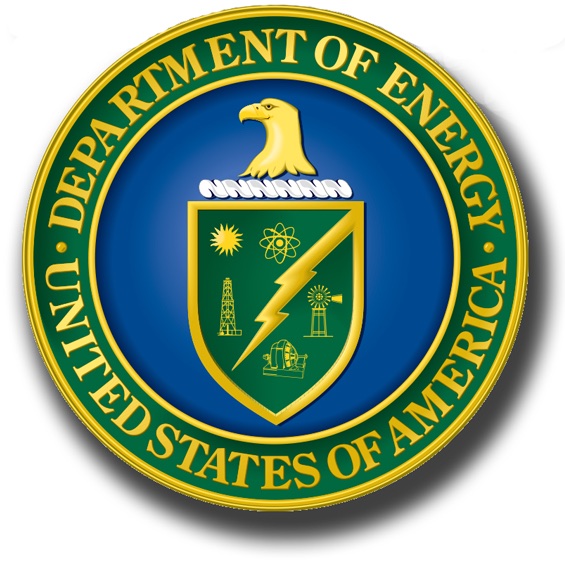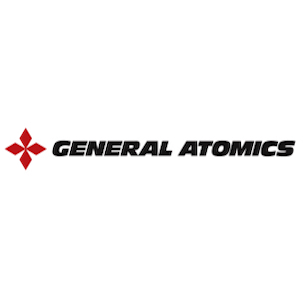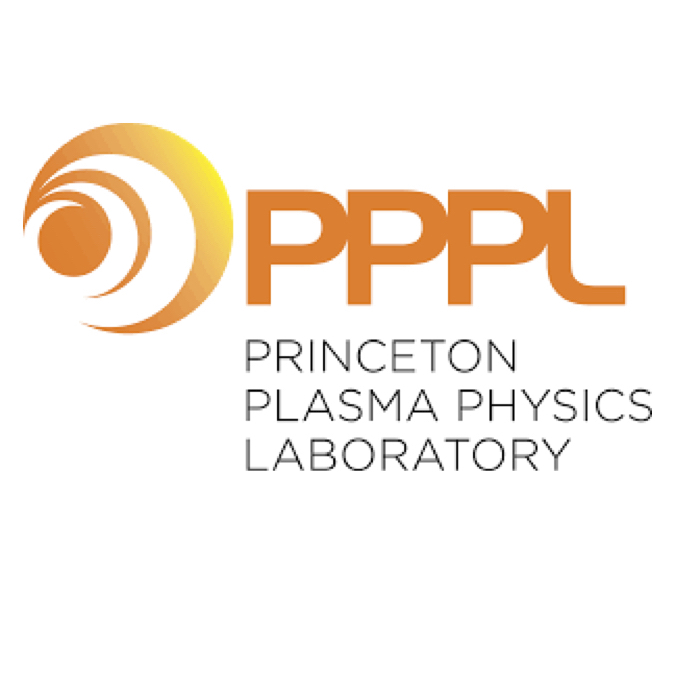Robust nonlinear burn control in ITER to handle uncertainties in the fuel-line concentrations
A. Pajares and E. Schuster
Nuclear Fusion 59 (2019) 096023 (18pp)
|
Abstract
|

|
Tight regulation of the burn condition in ITER has been proven possible
in simulations by the use of robustification techniques even under emulated
time-dependent variations in the fuel concentration. One of the most
fundamental control problems arising in ITER and future burning-plasma
tokamaks is the regulation of the plasma temperature and density to
produce a determined amount of fusion power while avoiding possible
thermal instabilities. Such problem, known as burn control, requires
the development of controllers that integrate all the available actuators.
Moreover, the complex burning-plasma dynamics and the uncertain nature
of some of its components suggest that nonlinear, robust, burn controllers
are necessary. For instance, the deuterium–tritium concentration in the
fueling lines may vary over time and the estimation of such variation
during operation may be difficult or not even possible. Available actuators
for the regulation of the burn condition are auxiliary power modulation,
fueling rate modulation, and impurity injection. Also, recent experiments
in the DIII-D tokamak have shown that in-vessel coil-current modulation
can be used for burn control purposes. The in-vessel coils generate
non-axisymmetric magnetic fields that have the capability to decrease
the plasma-energy confinement time, which allows for regulation of the
plasma energy during positive energy perturbations. In this work, all
these actuators are used to design a nonlinear burn controller which is
robust to unknown variations in the deuterium–tritium concentration of
the fueling lines. Furthermore, fueling rate modulation is not only used
to control the plasma density, but also to control the plasma energy,
if necessary, by means of isotopic fuel tailoring. The model-based
nonlinear controller is synthesized from a zero-dimensional model of
the burning-plasma dynamics. A nonlinear simulation study is carried
out to illustrate the successful controller performance in ITER-like
scenarios in which unknown variations of the deuterium–tritium
concentration of the fueling lines are emulated.








